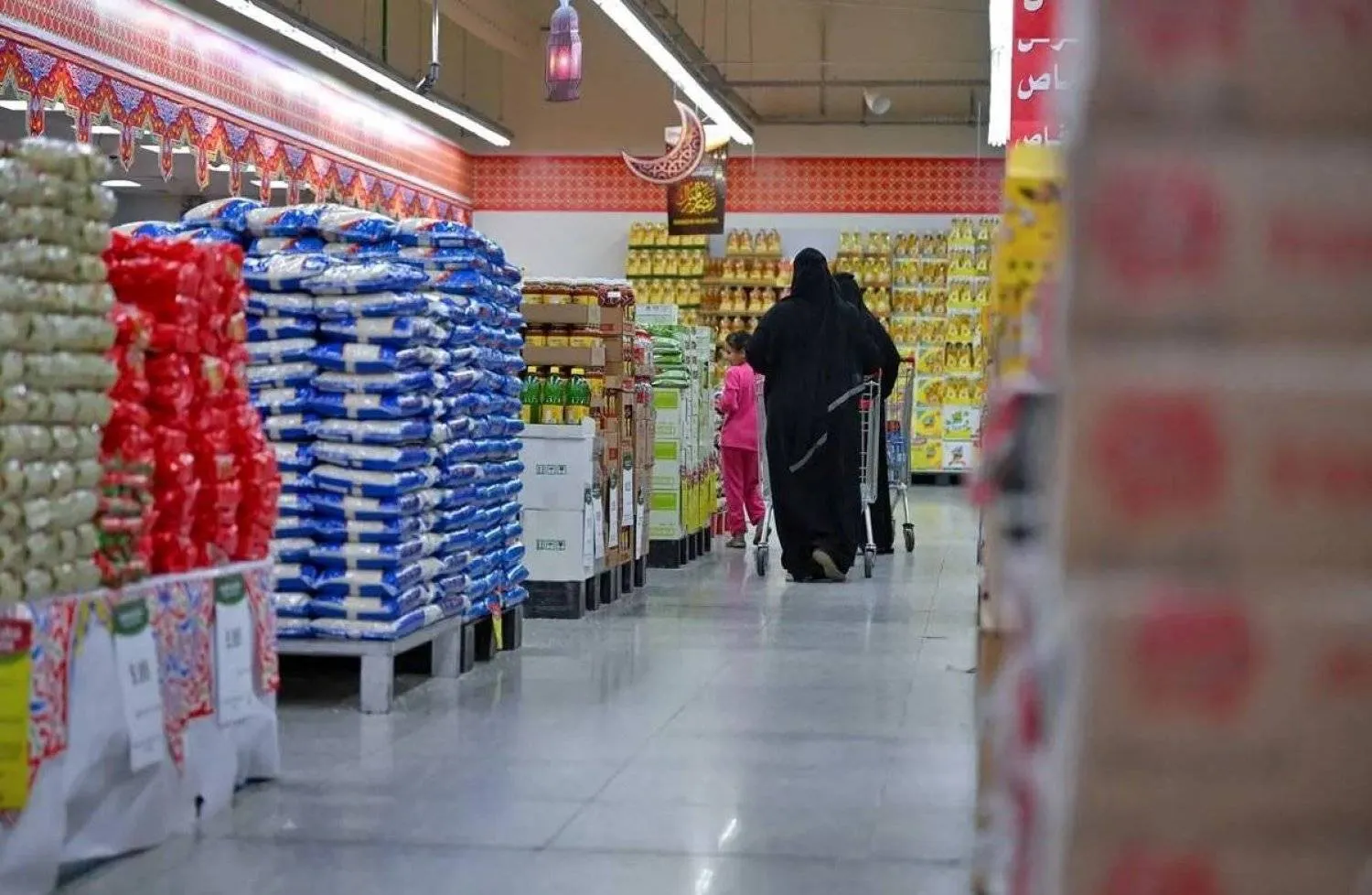Saudi Arabia’s annual inflation rate rose to 1.8% in February from 1.6% the previous month driven by increases in housing rents.
Despite this uptick, inflation has remained relatively low in Saudi Arabia compared to global levels, with government policies limiting the impact of international price increases.
The Kingdom recently ranked second among G20 countries with the lowest inflation rates, after Switzerland, which registered 1.3%.
The rise in inflation in February was driven by pressures from housing, water, electricity, gas prices, and other fuel types, which increased by 8.5%, and food and beverage prices by 1.3%.
Conversely, transportation prices decreased by 0.9%, as did various personal goods and services by 1.1%.
According to the latest Consumer Price Index report for February 2024 released by the General Authority for Statistics (GASTAT) on Thursday, housing rents soared by 10% annually, driven by a 9.1% spike in villa rents, significantly impacting overall inflation.
Experts believe Saudi Arabia is managing inflation well compared to other economies. They suggest continued investment in housing projects to lower property prices and rents, thus reducing inflation.
Shura Council member Fadhel Al-Buainain clarified to Asharq Al-Awsat that consumer spending is directly affected by price hikes, reducing purchasing operations and negatively impacting markets, extending beyond consumers to affect the retail sector and other sectors, limiting their expansion and sustainability as well.
According to Al-Buainain, among the tools contributing to reducing the inflation rate is providing goods and products exceeding market demand, achievable through three main axes: stimulating national production to meet the majority of local needs, regulating prices, and exerting more pressure on them in the case of fair competition among producers and avoiding monopolies.
Additionally, encouraging development companies to build more affordable housing could help ease the cost of living.
Overall, efforts to stabilize housing costs and stimulate production are expected to keep inflation in check in Saudi Arabia.









